 Congratulations to Faloshade Alloh (PhD student in Faculty of Health and Social Science), Dr. Pramod Regmi (Lecturer in International Health), Abe (Igoche) Onche (BU graduate MSc in Public Health) and Dr. Stephen Trenoweth (Principal Academic and Leaded for BU iWell Research Centre) on the timely publication of their paper on mental health in developing countries [1].
Congratulations to Faloshade Alloh (PhD student in Faculty of Health and Social Science), Dr. Pramod Regmi (Lecturer in International Health), Abe (Igoche) Onche (BU graduate MSc in Public Health) and Dr. Stephen Trenoweth (Principal Academic and Leaded for BU iWell Research Centre) on the timely publication of their paper on mental health in developing countries [1].
Despite being globally recognised as an important public health issue, mental health is still less prioritised as a disease burden in many Low-and Middle-Income Countries (LMICs). More than 70% of the global mental health burden occurs in poorer countries. The paper addresses mental health issues in LMICs under themes such as abuse and mental illness, cultural influence on mental health, need for dignity in care, meeting financial and workforce gaps and the need for national health policy for the mental health sector. This exciting paper has 51 references including several linking to BU publications on research in Africa [2-3] and several papers related to South Asia [4-6], particularly highlighting the recently completed THET project that was led by BU [4-5].
The authors highlight that although mental health education and health care services in most LMICs are poorly resourced; there is an urgent need to address issues beyond funding that contribute to poor mental health. In order to meet the increasing challenge of mental health illness in LMICs, there is a need for effort to address cultural and professional challenges that contribute to poor mental health among individuals. The authors suggest that mental health should be integrated into primary health care in LMICs. Creating awareness on the impact of some cultural attitudes/practices will encourage better uptake of mental health services and increase the ease when discussing mental health issues in these countries which can contribute to reducing the poor mental health in LMICs.
Well done!
Prof. Edwin van Teijlingen
Centre for Midwifery, Maternal and Perinatal Health (CMMPH)
Click here to view the full publication.
References:
- Alloh, F.T., Regmi, P., Onche, I., van Teijlingen E., Trenoweth, S. (2018) Mental health in low- and middle income countries (LMICs): Going beyond the need for funding, Health Prospect 17 (1): 12-17.
- Alloh F, Regmi P, Hemingway A, Turner-Wilson A. (2018) Increasing suicide rates in Nigeria. African Health Journal [In Press].
- Alloh FT, Regmi PR. (2017) Effect of economic and security challenges on the Nigerian health sector. African Health Sciences. 17 (2):591-2.
- Acharya DR, Bell JS, Simkhada P, van Teijlingen ER, Regmi PR. (2010) Women’s autonomy in household decision-making: a demographic study in Nepal. Reproductive Health. 7 (1):15.
- Simkhada B, Sharma G, Pradhan S, Van Teijlingen E, Ireland J, Simkhada P, et al. (2016) Needs assessment of mental health training for Auxiliary Nurse Midwives: a cross-sectional survey. Journal of Manmohan Memorial Institute of Health Sciences. 2:20-6.
- Mahato, P., van Teijlingen, E., Simkhada, P., Angell, C., Ireland, J. on behalf of THET team (2018) Qualitative evaluation of mental health training of Auxiliary Nurse Midwives in rural Nepal. Nurse Education Today 66: 44-50. https://authors.elsevier.com/c/1Wu2axHa5G~S-
- Regmi PR, Alloh F, Pant PR, Simkhada P, van Teijlingen E. (2017) Mental health in BME groups with diabetes: an overlooked issue? The Lancet. 389 (10072):904-5.
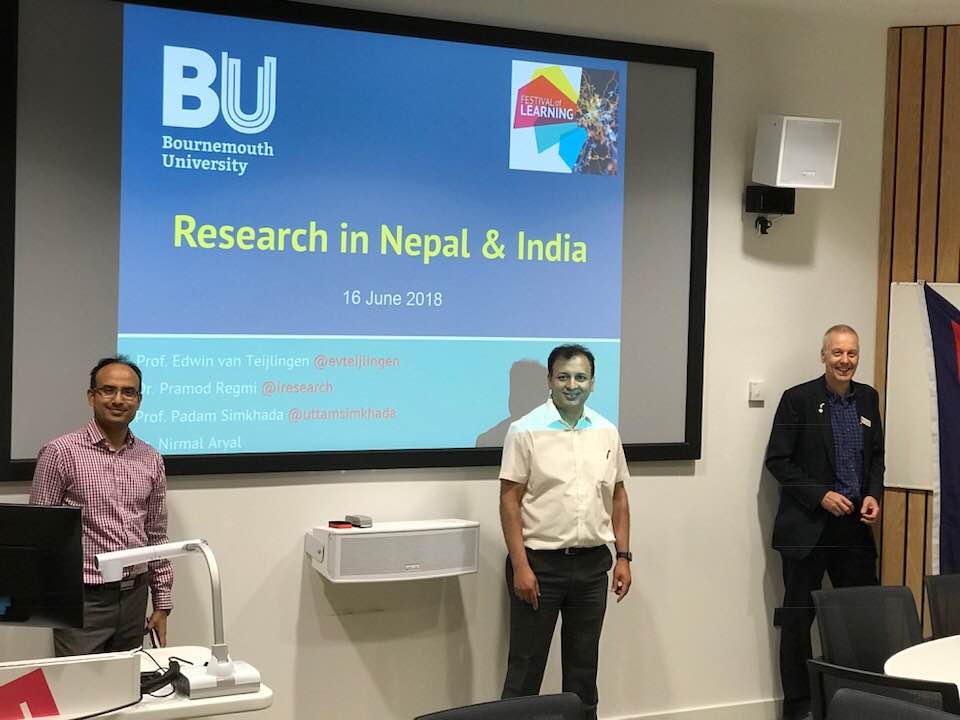


 Dr Holly Crossen-White has had a conference paper accepted for National Programmes Conference: Museums and Digital Memory Conference to be held at the British Museum in September. The paper will be presented with Dr Trudie Cole, Head of Access and Participation, The National Museum of the Royal Navy. Trudie and Holly have previously worked on several research projects related to the use of digital archives and this gives them opportunity to apply their findings within the context of collections held by the National Museum of the Royal Navy. Holly’s research interest in digital archives arose through her PhD which explored the hidden history of illicit drug taking during the early twentieth century. Holly has published on the ethical issues of undertaking research using digital archives and has been awarded Faculty Seedcorn Funding with her colleague Dr. Angela Turner-Wilson for some of this research work.
Dr Holly Crossen-White has had a conference paper accepted for National Programmes Conference: Museums and Digital Memory Conference to be held at the British Museum in September. The paper will be presented with Dr Trudie Cole, Head of Access and Participation, The National Museum of the Royal Navy. Trudie and Holly have previously worked on several research projects related to the use of digital archives and this gives them opportunity to apply their findings within the context of collections held by the National Museum of the Royal Navy. Holly’s research interest in digital archives arose through her PhD which explored the hidden history of illicit drug taking during the early twentieth century. Holly has published on the ethical issues of undertaking research using digital archives and has been awarded Faculty Seedcorn Funding with her colleague Dr. Angela Turner-Wilson for some of this research work. Application Deadline: Wednesday 12 September 2018 (17.00 UK Time)
Application Deadline: Wednesday 12 September 2018 (17.00 UK Time)
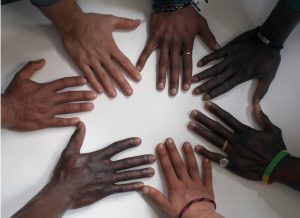
 One week to go to find out more about education, practice and research at the Humanising Care, Health and Wellbeing conference 21-22 June 2018
One week to go to find out more about education, practice and research at the Humanising Care, Health and Wellbeing conference 21-22 June 2018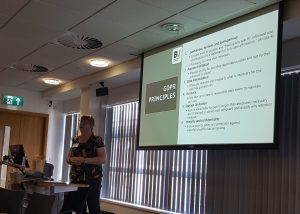

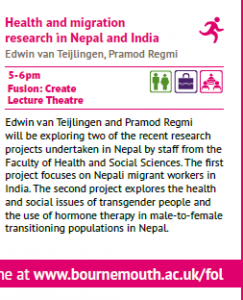
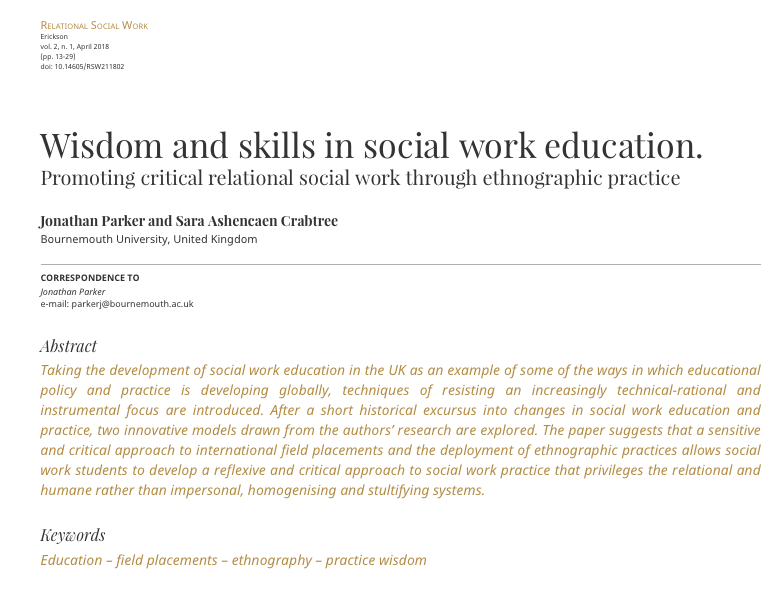

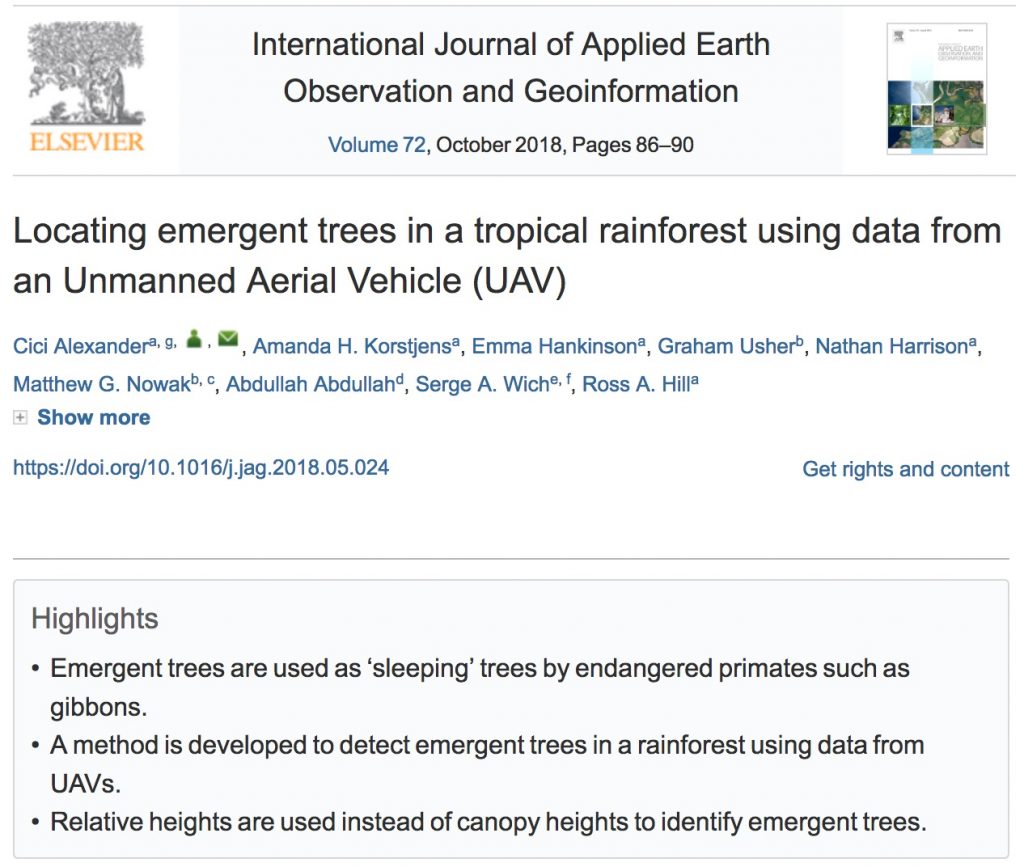
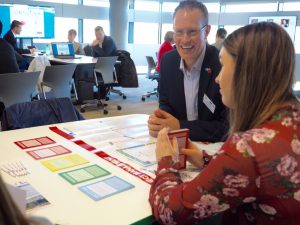


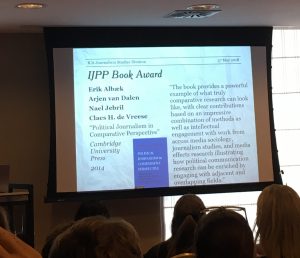 Dr Nael Jebril was recognised for his co-edited book entitled
Dr Nael Jebril was recognised for his co-edited book entitled 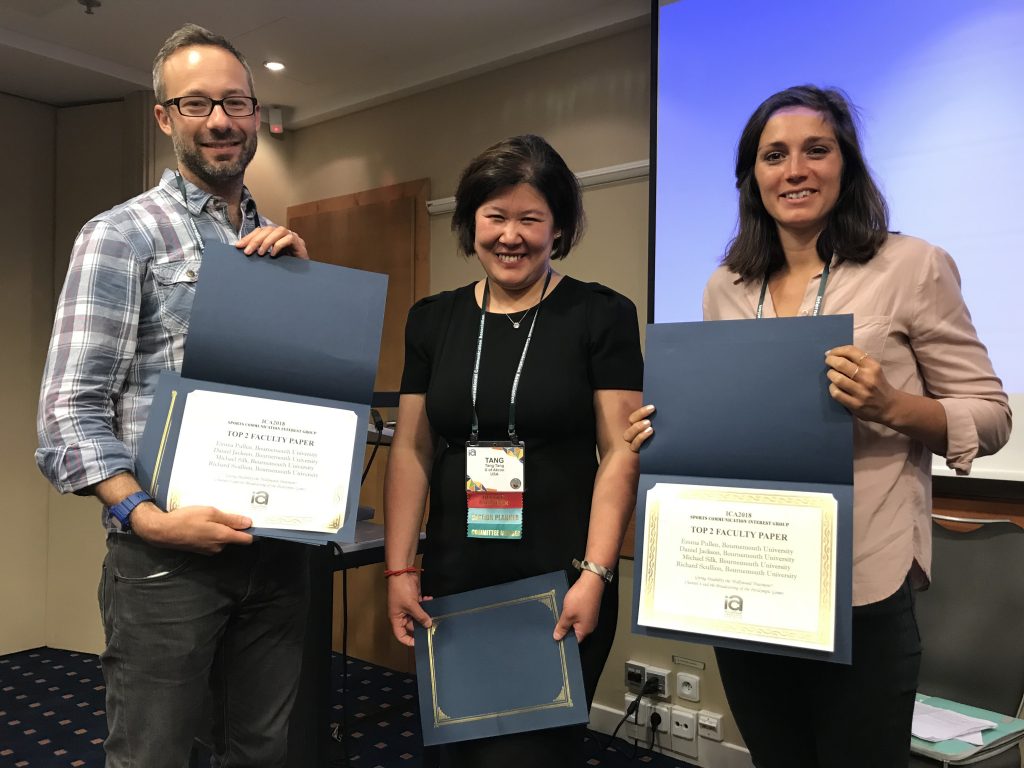
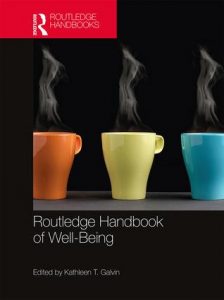 Congratulations to current and past academics in the Faculty of Health & Social Sciences and the Faculty of Science & Technology who contributed to the newly published
Congratulations to current and past academics in the Faculty of Health & Social Sciences and the Faculty of Science & Technology who contributed to the newly published 










 TANGERINE project has lift off with BPC Indian Community!
TANGERINE project has lift off with BPC Indian Community! Postgraduate Research Experience Survey (PRES) 2024 – Closing today
Postgraduate Research Experience Survey (PRES) 2024 – Closing today THE INNOVATION COMMON ROOM: Going Old School
THE INNOVATION COMMON ROOM: Going Old School Apply for up to £1,000 to deliver an event and take part in a national festival of public engagement with research
Apply for up to £1,000 to deliver an event and take part in a national festival of public engagement with research MSCA Postdoctoral Fellowships 2024
MSCA Postdoctoral Fellowships 2024 Horizon Europe News – December 2023
Horizon Europe News – December 2023